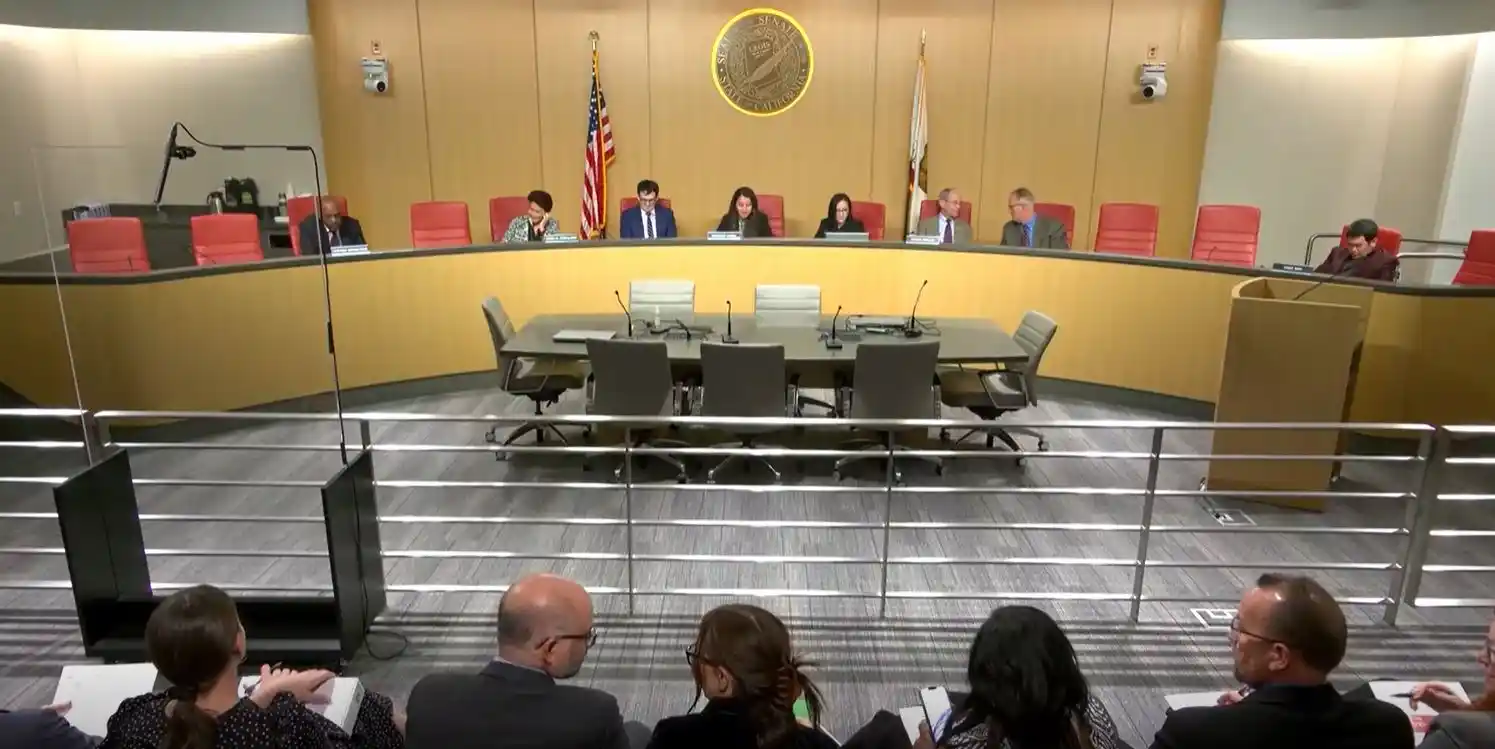The cryptocurrency regulatory landscape continues to shift rapidly, and next year will show no signs of slowing down.
Here are the 3 biggest trends that BitAML is keeping an eye on as we head into 2021.
A little over a year ago, we wrote here that regulators had finally begun “waking up” to cryptocurrency.
It seemed as though 2019 was the year when regulators across the states came to understand that crypto wouldn’t be a passing fad. They realized:
1) that crypto was in fact a fast-growing industry,
2) it was popular and increasingly adopted by consumers, and,
3) that traditional financial regulations don’t fit crypto’s unique technology or user profile, and new, unique regulations would be required.
Since that time, a number of new rules and guidance has been handed down by federal and state regulations. While the process has been messy, and we’re not all the way there yet, it’s safe to say that the trend of regulators at every level of government learning more about cryptocurrency and working to create regulatory frameworks specific to the industry is continuing its upward swing.
Where does this leave business owners?
Unfortunately, in a spot where you are solely responsible for keeping up with new guidelines coming down the pike, and for making sure your business complies with them as they come.
If you’ve been a long-time reader of the blog, you know that we often say that regulations change quickly, and often without warning. As such, we’ve endeavored to make the BitAML blog a resource, both of news of new regulatory changes on the horizon, as well as tips for modifying BSA/AML compliance programs to comply with new changes.
We know that this much is certain:
Regulatory interest in cryptocurrency will continue to increase.
Regulatory compliance can be difficult, time-consuming, and costly.
But compliance in cryptocurrency is not impossible.
As long as businesses that care about their compliance are keeping a watchful eye on regulatory trends, they will be better equipped to respond to new changes being handed down.
In that spirit, we are taking some time to look forward. Here are three of the top regulatory trends to keep an eye on in 2021. We’ll provide links to previous blog posts throughout to help you better understand the scope of each issue and what you can be doing now to prepare for possible regulatory changes ahead.
1: More state involvement
A quick overview: Cryptocurrency (and other financial) regulation can largely be broken down into two camps: federal and state.
Thus far, the federal government expects cryptocurrency businesses to comply with the Bank Secrecy Act (BSA), along with a handful of other rules and guidance unique to cryptocurrency. The expectations for crypto businesses are largely in concert with other non-crypto money services businesses and money transmitters.
The state regulatory picture to date has been largely unclarified. While certain states, most notably New York, moved quickly to adopt cryptocurrency regulations, most states observe what’s often referred to as a “no action” or “no opinion” stance, meaning that they do not require crypto businesses to comply with any state-specific regulations.
Expect this to change.
We’ve long held the opinion that “no action” is not going to last, and the tea leaves are suggesting that state regulators are increasingly concerned with cryptocurrency.
States such as Nevada, New Jersey, and Massachusetts have either openly debated state-level requirements for cryptocurrency, or have been more proactively doing their research on fintech markets, including cryptocurrency, and how consumers interact with them.
California recently announced a massive overhaul and rebranding of their Department of Business Oversight, have allocated more resources to the department, and have expanded its scope to include “innovative financial technology” (read: crypto).
Despite being somewhat stalled by the COVID-19 pandemic, the state has shown that it considers this initiative a priority, and is moving forward.
We expect that more states will engage in similar “background” work in the coming year, and that formal requirements for state licensure will replace “no action” status.


